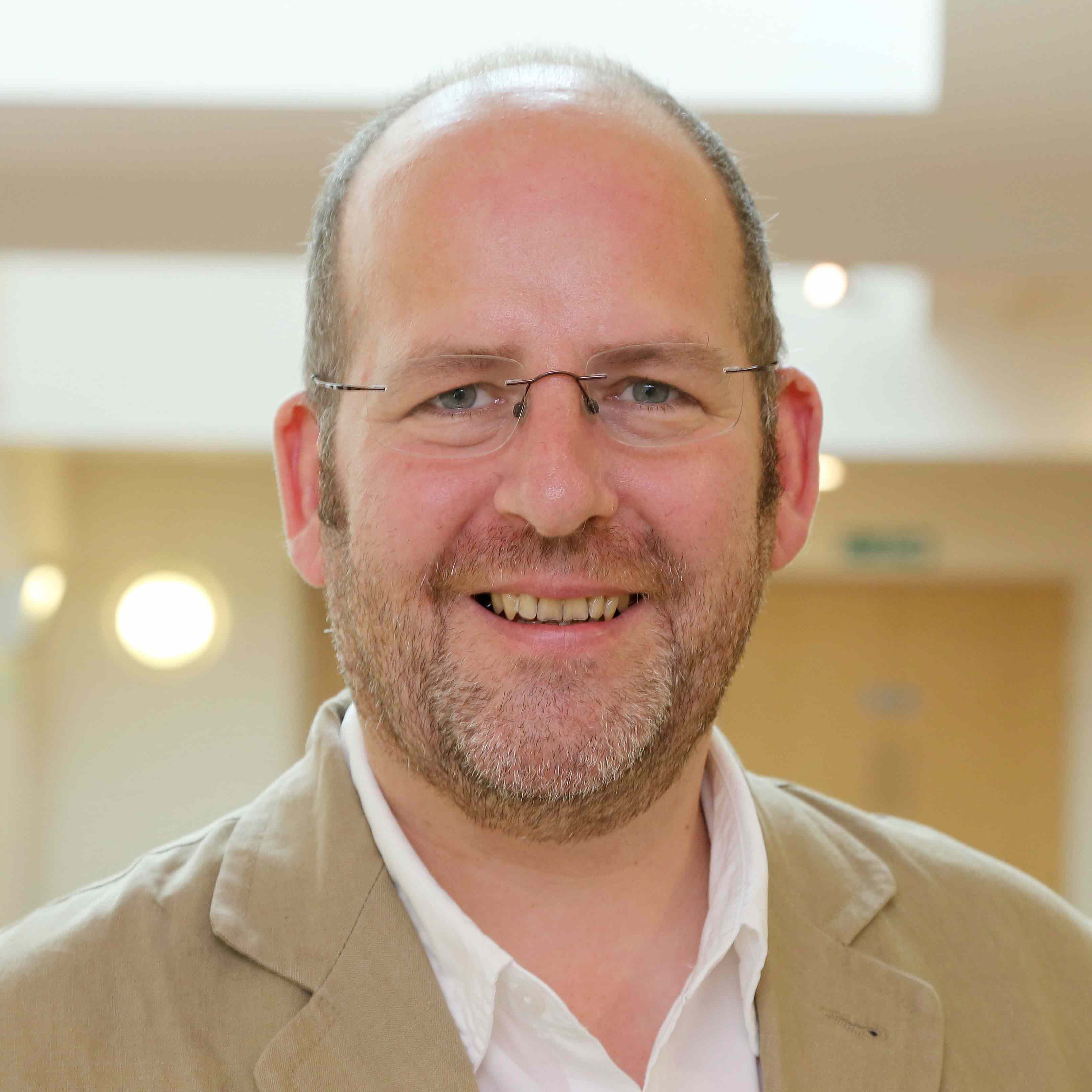Arts and humanities educators and researchers at Essex use their analytical, critical and creative disciplines to understand the meanings of human life (important in itself) and to tackle global problems. Our research provokes debate, changes minds and promotes justice, and our teaching is transformative, practical and enlightening.
We subscribe to the claim of the British Academy’s SHAPE initiative that arts and humanities (alongside social sciences) "help us to be curious, creative and empathetic – and to assess what’s right and what’s wrong, what will work and what won’t, and what really matters in life".
It doesn’t have to be ‘them’ and ‘us’
Unfortunately, in policy debates and politics, we are seeing a resurgence of divisions between STEM subjects (science, technology, engineering and mathematics) and the arts and humanities. At Essex, we reject that crude pitching of ‘them’ versus ‘us’. It doesn’t and shouldn't have to be that way.
Arts and humanities bring forward understandings that are not just intrinsically important, but can help us address the big problems and global challenges of our times. To take the climate and ecological emergency: across the Faculty, colleagues teach modules including Social entrepreneurs, sustainability and community action, Global challenges in interdisciplinary perspective: Water Cultures, and Climate Emergency: narrating the environment and writing the wild.
STEM policy will have most impact when it's mixed with understandings from the arts and humanities disciplines. A STEM-only approach, missing out how people do, should and could think and feel about themselves and the world they live in, risks leaving out vital insights.
Who we are and what we do
Arts and humanities colleagues work in East 15 Acting School, Edge Hotel School, Essex Pathways, Department of History, Department of Literature, Film, and Theatre Studies, School of Law and School of Philosophy and Art History.
From our different disciplinary perspectives, we're concerned with teaching and researching about human experience from a variety of critical and speculative perspectives, mainly using qualitative methods but quantitative methods where that’s a good fit to the questions being addressed.
Why we’re changing our name
From 1 August, the Faculty is changing its name to the Faculty of Arts and Humanities.
Adding ‘Arts’ captures more precisely research and education that takes the form of artistic and creative expression such as performance, creative writing, curating, creative producing, and film making. As our founding Vice-Chancellor Albert Sloman made clear, "a university is a place of creativity and discovery, and it ought, we believe, to find a place for the creative artist as well as the critic" (A University in the Making, p 35). This work sits alongside analytical and creative traditions in humanities.
Our vision
The Faculty of Arts and Humanities will continue to make the case for the importance of all the academic disciplines within its remit.
Arts and humanities graduates are in high demand, underpinning major sectors of the economy. They leave university with transferable skills applicable and valuable to all sectors and industries.
We are proud of what our community achieves and the contributions it makes and we believe the world needs arts and humanities teaching and research more than ever.


